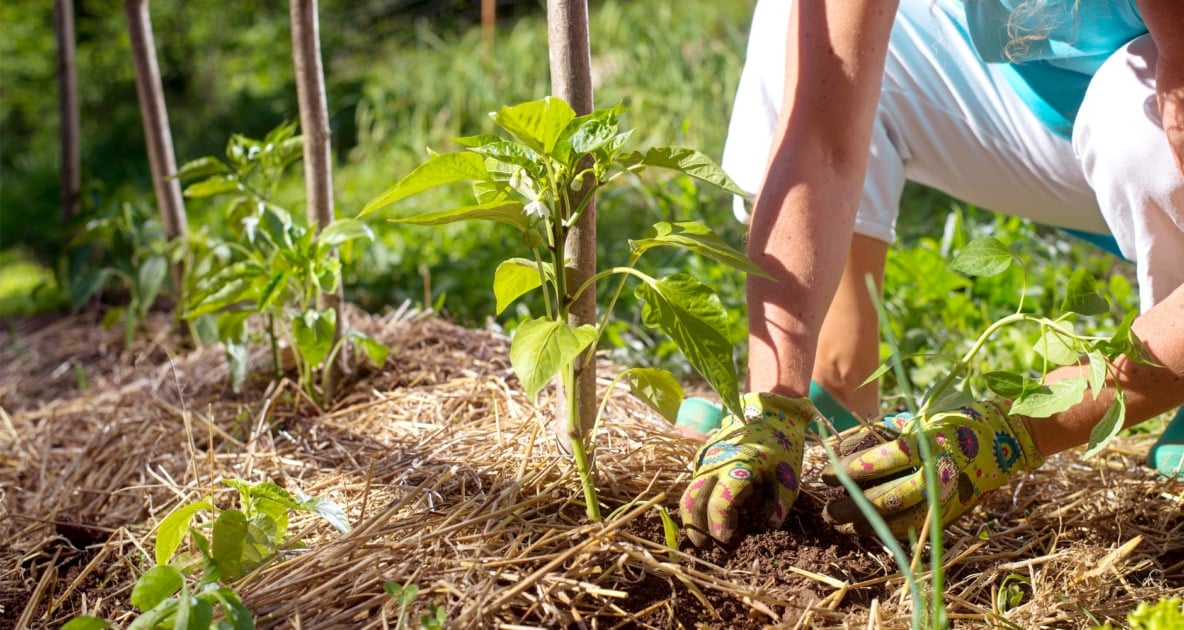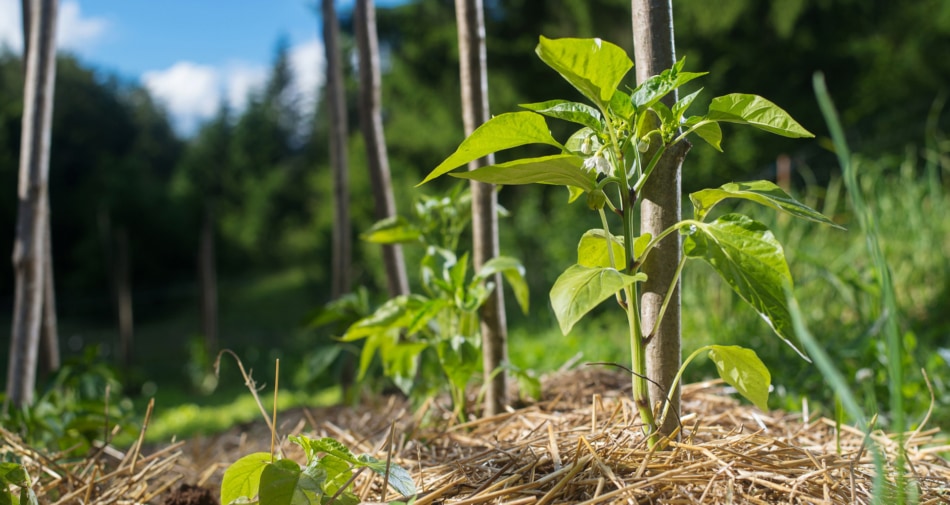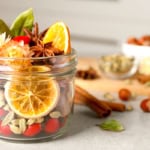Mulching Tips For the Organic Gardener
Late fall is a good time to mulch - and protect your outdoor plants. Learn more.

After composting, mulching takes a close second place as the organic gardener’s closest companion. Besides enriching the soil with organic matter, mulching also helps keeps the soil temperature even, prohibiting extremes of too hot or too cold year round. Here are some helpful tips:
When Should I Mulch?
There are two main times in the year when mulching the garden, orchard, and flowerbeds are essential:
- In late autumn, place mulch around outdoor plants to provide a barrier of protection from frigid temperatures.
- Mulch again in the summertime to help plants retain needed moisture and to reduce the growth of weeds.
- In the summertime, mulch also helps keep fruit and vegetables off the ground and out of standing water, avoiding unnecessary rot.

What Should I Use For Mulch?
- Pine straw is the ideal mulch for all acid-loving vegetables and flowers. Place pine straw around tomato plants, roses, camellias, azaleas, and rhododendrons.
- Mulch between rows and pathways in the garden to reduce weeds. After the growing season, organic mulch can be turned into the soil to enrich the soil.
- Organic mulch can be freely obtained with shredded newspaper, grass clippings, bales of straw, pine needles, wood shavings or chips, shredded leaves, and old sawdust. Local sawmills can furnish sawdust, tree bark, and wood chips at little or no cost when you bring your own truck or trailer to haul it away.
- Water the soil around your plants well just before mulching.
- Keep the mulch from touching the stems and trunks of plants, shrubs, and trees.
- Mulch 2” inches deep.
- The best time to mulch is right after a rain or just after watering.
- When using newspaper as mulch do not use pages with color ink. Newspaper breaks down quickly. Weigh shredded newspaper down with bark or wood chips.
- For inexpensive, highly beneficial organic mulch sure to enrich the soil using these three layers. First, add a layer of shredded newspaper. Second, add a layer of decomposed manure and top with a third layer of straw, shavings or chips.

Deborah Tukua
Deborah Tukua is a natural living, healthy lifestyle writer and author of 7 non-fiction books, including Pearls of Garden Wisdom: Time-Saving Tips and Techniques from a Country Home, Pearls of Country Wisdom: Hints from a Small Town on Keeping Garden and Home, and Naturally Sweet Blender Treats. Tukua has been a writer for the Farmers' Almanac since 2004.





